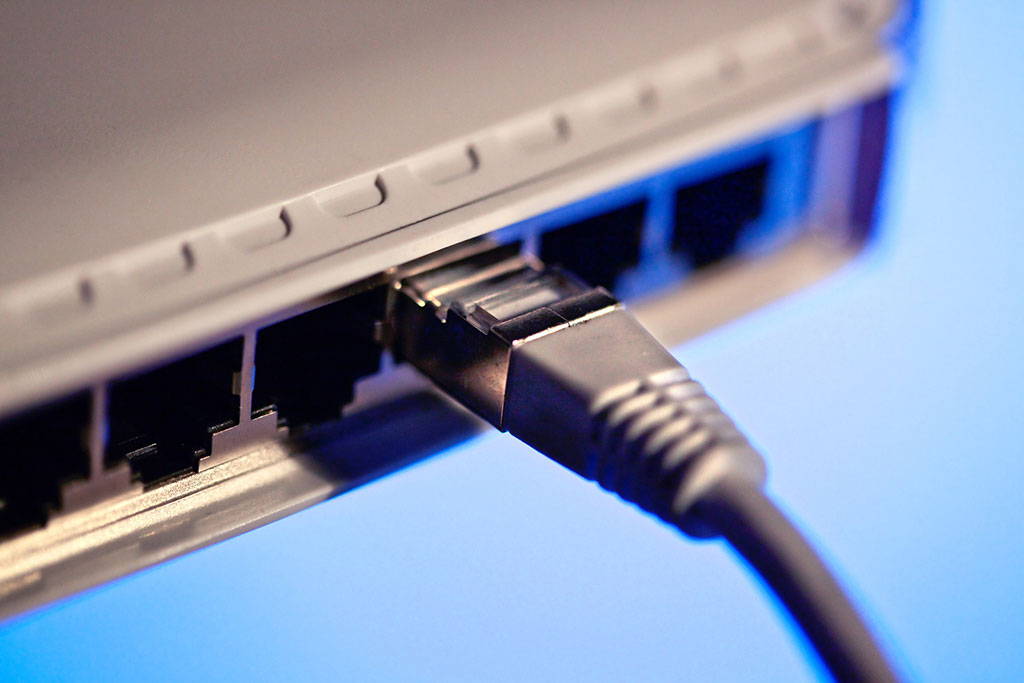Tech pioneers accuse FCC of not understanding how the internet works
In an open letter, internet pioneers urge the FCC to cancel upcoming vote to repeal net neutrality rules.

FCC chairman Ajit Pai recently joked about being a brainwashed "Verizon puppet" in a skit that was played at a gathering with major telecoms, but those in favor of existing net neutrality rules are not laughing. Vint Cerf, the father of the internet, is certainly not amused. Neither are several other internet and tech pioneers who attached their names to an open letter criticizing the FCC of not understanding how the internet works.
"We are the pioneers and technologists who created and now operate the internet, and some of the innovators and business people who, like many others, depend on it for our livelihood. We are writing to respectfully urge you to call on FCC chairman Ajit Pai to cancel the December 14 vote on the FCC’s proposed Restoring Internet Freedom Order," the letter begins.
There are 21 signatures on the letter, several of which are responsible for shaping the internet as it exists today. They include Tim Berners-Lee, inventor of the World Wide Web; Paul Vixie, founder of the Internet Software Consortium (ISC) and designer of several Domain Name System (DNS) protocol extensions and applications; and David P. Reed, who was involved in the early development of TCP/IP and designed the User Datagram Protocol (UDP).
Some of the other signatures include Internet Archive founder Brewster Kahle and Apple co-founder Steve Wozniak.
The letter says the FCC's proposed plan to dismantle existing net neutrality rules is "based on a flawed and factually inaccurate understanding of internet technology." It links to a 43-page document detailing the inaccuracies, which was signed and submitted by 200 internet pioneers and engineers in July.
"Despite this comment, the FCC did not correct its misunderstandings, but instead premised the proposed Order on the very technical flaws the comment explained. The technically-incorrect proposed Order dismantles 15 years of targeted oversight from both Republican and Democratic FCC chairs, who understood the threats that internet access providers could pose to open markets on the Internet," the letter states.
"The experts’ comment was not the only one the FCC ignored. Over 23 million comments have been submitted by a public that is clearly passionate about protecting the Internet. The FCC could not possibly have considered these adequately," the letter continues.
The biggest gaming news, reviews and hardware deals
Keep up to date with the most important stories and the best deals, as picked by the PC Gamer team.
Despite the prominent names attached to the letter, Pai is unlikely to change his mind. Pai has long been an opponent of net neutrality rules as currently implemented, claiming they stifle innovation and prevent ISPs from investing in network upgrades. He also recently dismissed a similar letter by a few dozen advocacy groups urging the FCC to delay its vote.
"This is just evidence that supporters of heavy-handed Internet regulations are becoming more desperate by the day as their effort to defeat Chairman Pai's plan to restore Internet freedom has stalled. The vote will proceed as scheduled on December 14," Pai's office said in a statement to Arstechnica.
We have been covering the topic of net neutrality quite a bit lately, and that's because it's a big issue. with potentially wide sweeping ramifications. Barring a major turn of events, the FCC will vote this Thursday to repeal existing net neutrality rules, even as opposition mounts in the final days leading up to the vote.
Paul has been playing PC games and raking his knuckles on computer hardware since the Commodore 64. He does not have any tattoos, but thinks it would be cool to get one that reads LOAD"*",8,1. In his off time, he rides motorcycles and wrestles alligators (only one of those is true).


